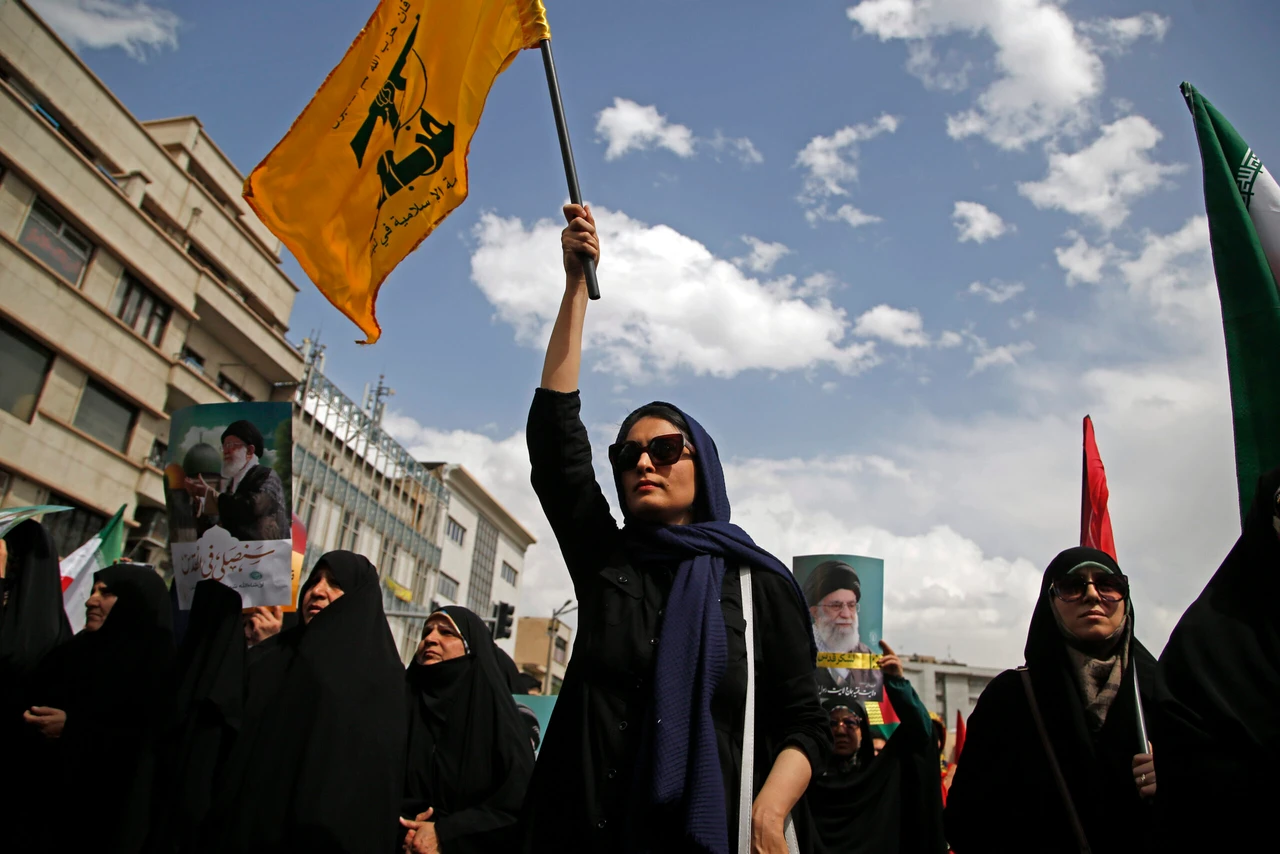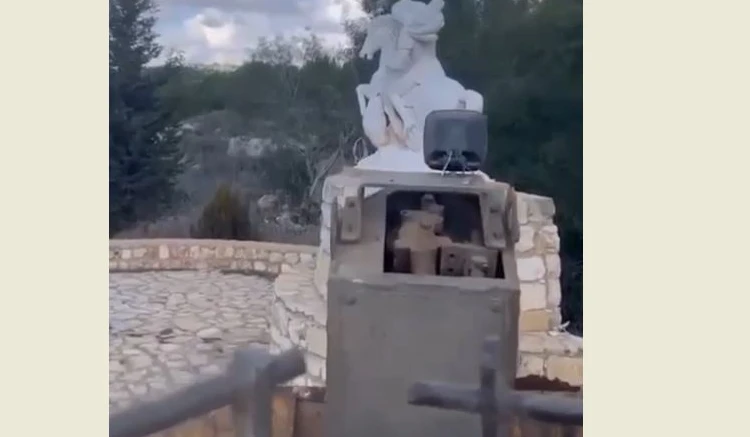UN chief condemns attack on UNIFIL convoy in Beirut, calls for accountability
 A vehicle of the UNIFIL peacekeeping mission in Lebanon drives next to a roundabout in the southern Lebanese village of al-Taybeh, near the border with Israel, on Feb. 4, 2025. (AFP Photo)
A vehicle of the UNIFIL peacekeeping mission in Lebanon drives next to a roundabout in the southern Lebanese village of al-Taybeh, near the border with Israel, on Feb. 4, 2025. (AFP Photo)
U.N. Secretary-General Antonio Guterres “strongly” condemned an attack Friday on a U.N. Interim Force in Lebanon (UNIFIL) convoy near the Rafik Hariri International Airport in Beirut, which injured peacekeepers.
“The secretary-general strongly condemns the attack on a UNIFIL convoy near Rafik Hariri International Airport, Beirut, on Feb. 14, in which several peacekeepers were injured by a group of protestors on the main road to the airport. A UNIFIL vehicle was also set ablaze,” said a statement by the spokesperson’s office.
Saying that “such attacks are absolutely unacceptable,” the statement stressed that “the perpetrators must be held accountable.”
“The safety and security of U.N. personnel and property must be respected at all times. Attacks against peacekeepers are in breach of international law, including international humanitarian law as applicable, and may constitute war crimes,” it added.
It noted that UNIFIL personnel are in Lebanon as part of its mandate under Security Council Resolution 1701.
“According to Resolution 1701 (2006), UNIFIL must be allowed unrestricted freedom of movement throughout Lebanon in the implementation of its mandated activities,” it said.
UN Interim Force in Lebanon
Resolution 1701, adopted Aug. 11, 2006, mandates a ceasefire between the Lebanese resistance group, Hezbollah, and Israel and establishes a weapons-free zone between the Blue Line (marking Israel’s 2000 withdrawal from Lebanon) and the Litani River, with exceptions for the Lebanese army and UNIFIL forces.
Guterres urged “the parties to uphold their obligations and work towards the full implementation of U.N. Security Council Resolution 1701 and its ultimate goal, a permanent ceasefire between Lebanon and Israel.”
A fragile ceasefire has been in place since Nov. 27, ending a period of mutual shelling between Israel and Hezbollah that began on Oct. 8, 2023, and escalated into a full-scale conflict on Sept. 23.
Since the ceasefire took effect, Israel has committed at least 672 violations, killing and injuring dozens in Lebanon, including women and children.
Israel was supposed to complete its army’s withdrawal from southern Lebanon by Jan. 26 under the cease-fire deal, but it refused, and the deadline was extended to Feb. 18.



